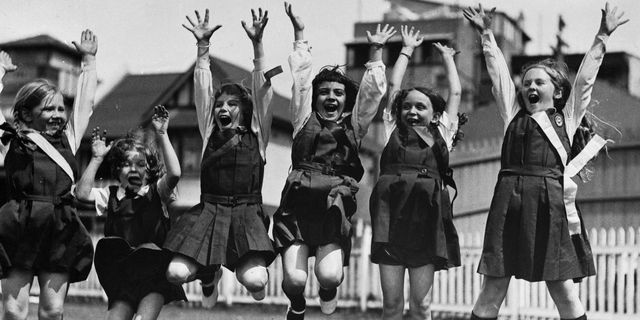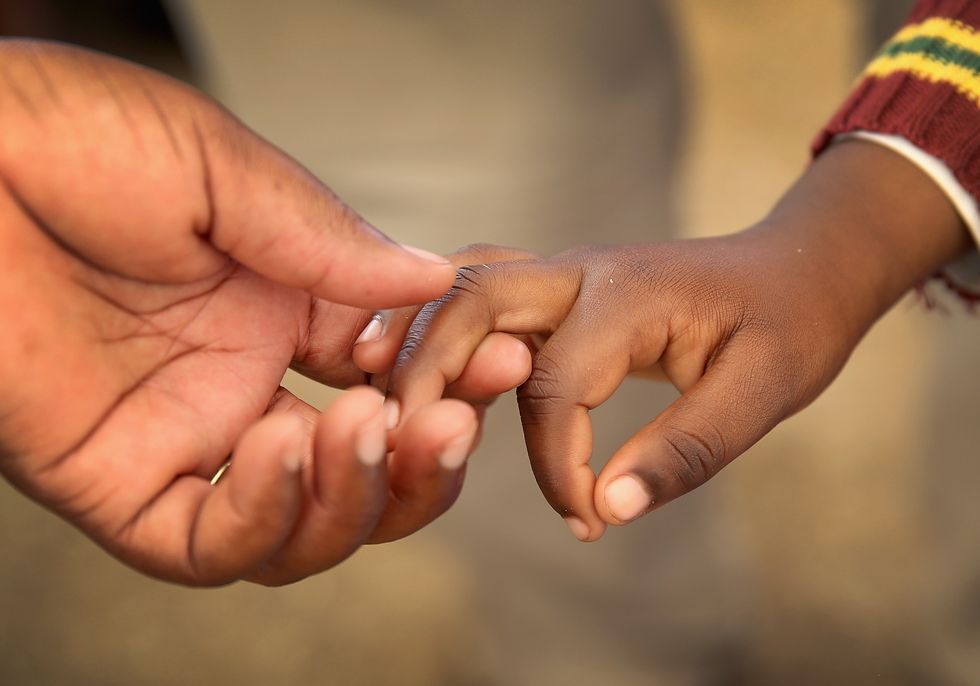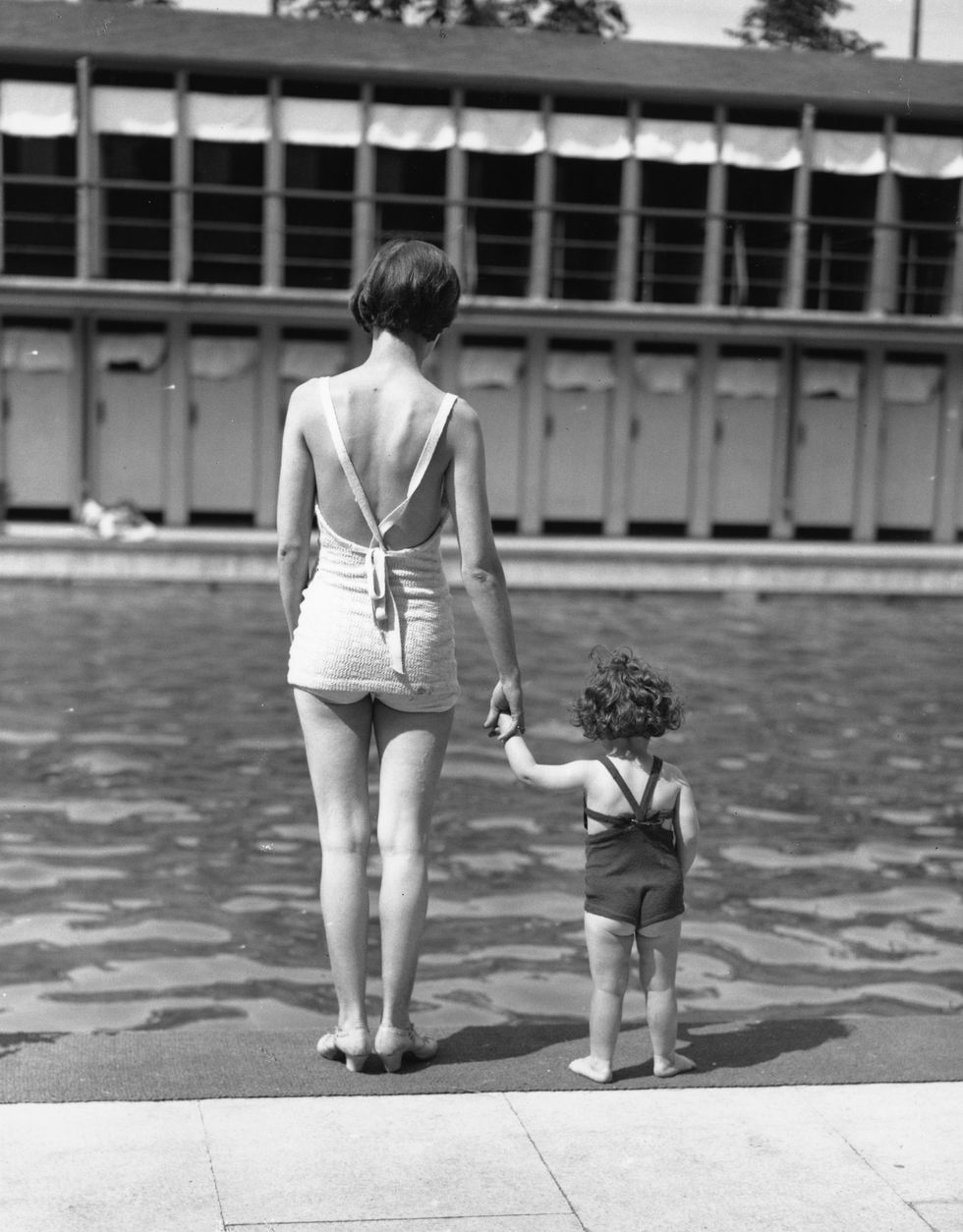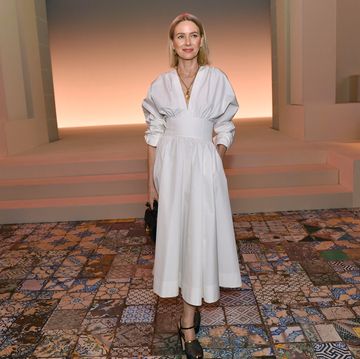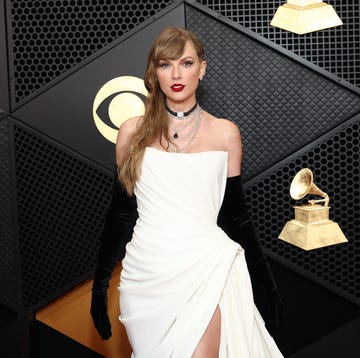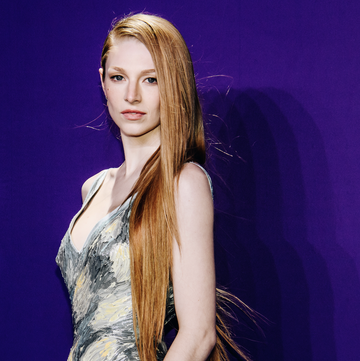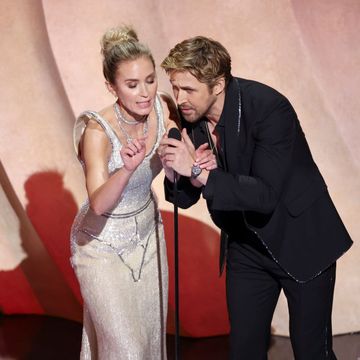When complimenting a young girl, do you praise how pretty and beautiful they look or emphasise their intelligence and abilities?
Of course, neither are mutually exclusive, but it's always been a question I've debated when thinking about how I would instill confidence when bringing up a future daughter.
So, it comes with great sadness that new research has found that girls as young as six-years-old see brilliance a male characteristic.
Research into gender stereotypes from the US – published in the journal Science – has found that girls see themselves as less talented than boys their own age, and don't think that achieving good marks in school has anything to do with innate abilities, according to the Guardian.
Andrei Cimpian, a co-author of the research from New York University, explained the research suggested how even young children can be influenced by gender stereotypes and the belief that men are naturally more gifted than women.
'Because these ideas are present at such an early age, they have so much time to affect the educational trajectories of boys and girls,' he told the newspaper.
The study involved three US-based universities carrying out several tests with 400 children – half of whom where girls – to find out the extent of influence gender stereotypes play on a child's understanding of intelligence and skill.
Tests involved a group of 96 mixed-gender children aged five to seven reading a story about an intelligent person before guessing the person's gender.
Another found the children presented with pictures showing pairs of adults – some same-sex, others opposite sex – and asking them to pick the couples they thought were highly intelligent.
A third study saw the group asked to match objects and traits, such as 'being smart' to images of both sexes, according to the Guardian.
As a result, the researchers found girls aged five are just as likely as boys to link brilliance to their own gender. However, those aged six and seven were less likely to make this association.
An analysis of the study found 65 per cent of the time, six-year-old boys associated their own gender as 'really, really smart' while this occurred only 48 per cent of the times with girls.
The research also found that girls aged five to seven were more likely to link their gender to good marks but not to achievements or brilliance and were less interested than boys to choose a game for 'smart' children.
Cimpian said: 'Already by this young age girls are discounting the evidence that is in front of their eyes and basing their ideas about who is really, really smart on other things'
While the children's parents' and teacher's views of their skills might affect their self-analysis of intelligence and ability, the study highlights the importance of instilling positive thinking about the sexes and clamping down on the tendency for young girls to internalise cultural messages that suggest they can work hard, but aren't as innately intelligent as men.
Dame Athene Donald, professor of experimental physics at the University of Cambridge, told the Guardian: 'If we are to facilitate a gender-balanced workforce of engineers, mathematicians and physicists in the future it is clear interventions at secondary school just aren't going to be sufficient.'
Let's get to work.

Katie O'Malley is the Site Director on ELLE UK. On a daily basis you’ll find Katie managing all digital workflow, editing site, video and newsletter content, liaising with commercial and sales teams on new partnerships and deals (eg Nike, Tiffany & Co., Cartier etc), implementing new digital strategies and compiling in-depth data traffic, SEO and ecomm reports. In addition to appearing on the radio and on TV, as well as interviewing everyone from Oprah Winfrey to Rishi Sunak PM, Katie enjoys writing about lifestyle, culture, wellness, fitness, fashion, and more.
